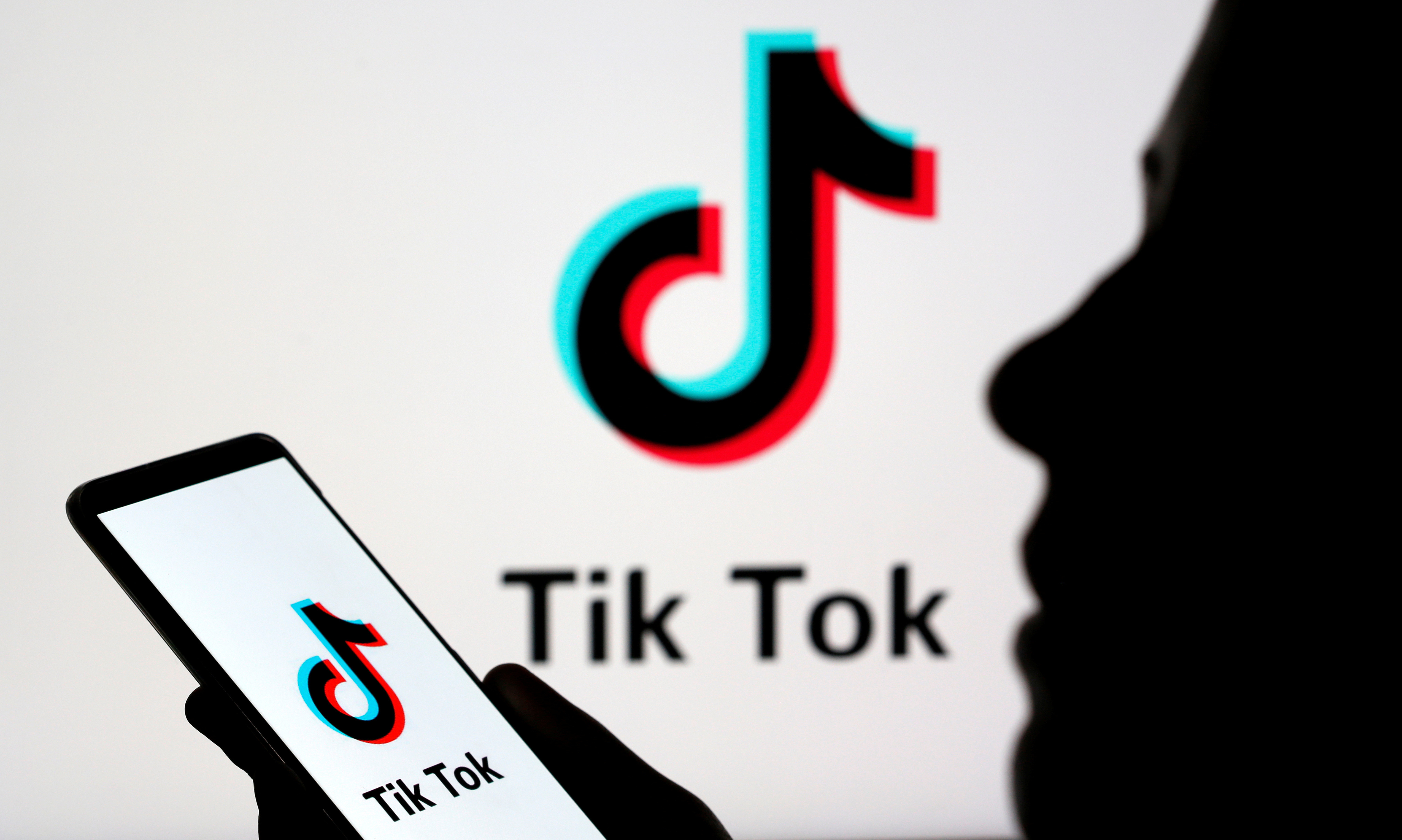A federal judge has temporarily halted Montana’s ambitious statewide TikTok ban, which was scheduled to take effect at the beginning of 2024, pending a trial on the matter. The decision by US District Judge Donald Molloy questions the motivations behind the law, suggesting that Montana’s legislature and Attorney General were more focused on targeting China’s perceived role in TikTok than on safeguarding Montana consumers.
First Amendment Violations
In his order, Judge Molloy expressed concerns that the law likely violated the First Amendment. He stated, “In shutting off TikTok, the Legislature has both harmed User Plaintiffs’ First Amendment rights and cut off a stream of income on which many rely. Thus, Plaintiffs have established a likelihood of irreparable harm.” The decision poses a setback for Montana policymakers aiming to ban TikTok on all personal devices within the state and serves as a cautionary signal to other states considering similar proposals.

Preliminary Decision and Legal Arguments
Montana’s Attorney General’s office downplayed the ruling, referring to it as a “preliminary decision.” Emilee Cantrell, a deputy communications director, mentioned that the judge hinted the analysis could change as the case progresses, allowing the state to present a full factual record. The state intends to defend the law, emphasizing its role in protecting Montanans from potential data misuse by the Chinese Communist Party.
Montana Governor Greg Gianforte’s office did not immediately respond to the ruling, and TikTok has not provided an immediate comment on the matter.
Background and Significance
Montana’s law, designed to be the first of its kind in the nation, sought to ban TikTok from operating within state lines, with potential fines of $10,000 per day for violators. Governor Gianforte signed the law in May, asserting the necessity of protecting Montanans’ personal data from the Chinese Communist Party.
TikTok and a group of the app’s content creators challenged the law, arguing that it infringes on their First Amendment rights. The legal battle gains significance amid concerns over TikTok’s ties to China, with officials expressing fears about potential data access by the Chinese government. The case is closely watched as it could impact TikTok’s future in the United States.

In a related development, another judge dismissed a lawsuit against TikTok filed by the state of Indiana, accusing the company of false claims regarding user data safety and age-appropriate content. This dismissal underscores the challenges that states face in restricting TikTok use and the varying legal perspectives on the matter. Montana’s attempt to ban TikTok represents the furthest step taken by a state government to address perceived security concerns associated with the popular social media app. Judge Molloy’s criticisms during the October hearing characterized the legislation as “paternalistic,” suggesting that alternative measures could have been taken to achieve the state’s goals without resorting to a ban.